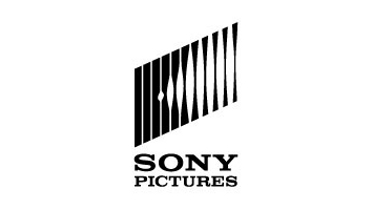 I would love to think that this was the strategy all along, but either way, the Streisand effect seems to be in full, well, effect with the Sony movie debacle.
I would love to think that this was the strategy all along, but either way, the Streisand effect seems to be in full, well, effect with the Sony movie debacle.
According to the Wall Street Journal, the movie The Interview has been downloaded more than 2 million times, earning Sony more than $15 million (€12.4 million).
This is after Sony had pulled the movie from general release, after several of the major theatre chains in the US had said they would not show it for fear of putting movie goers at risk.
I was one among many who said that this was a very bad idea that sent the worst message to the world about hacking, cybercrime and state sponsored hacktivism. But as many said that North Korea was unlikely to be involved, at least directly, it now seems that the very act of making the film unavailable through normal channels has meant that people had become determined to see the movie, resulting in the rush to downloads, streams and any other method of availability.
I still think that irrespective of whether the theatre chains had said they would show the movie, Sony made the wrong call in bottling the release. However, by making it available through more widely accessible media, such as Xbox Live, YouTube and Google Play Store, Sony has made sure that the film has got out to the popular audience. This is the most important aspect of the issue, I would venture. The prospect of some repressive regime that is widely regarded as a joke by almost everyone, except those who are subject to the harshness of its authority, being able to dictate censorship to anyone else is maddening at best.
I know I felt almost compelled to see the movie, despite the fact that it is getting pretty poor reviews.
It does, however, serve to support the notion that censorship, especially in the digital age, is ultimately futile. Recent research by IBM, as featured in the January issue of TechPro (available shortly), has shown that after an initial drop off in traffic, blocked content actually gets more views as people find ways around the censorship measures and attention is drawn to something on a wider basis than may have been the case without the censorship.
It does not matter whether it is large PR agencies trying to deflect attention from polluting oil firms or UK super injunctions, the truth will out and often in ways that are slightly unexpected. Social media in particular, with its perceived protection in the ‘No, I’m Spartacus effect’, means that people are willing to post material, link to it, or as was seen in places such as Egypt, Syria and Bahrain, to use graffiti to list proxy servers to allow people to get around censorship measures.
But as we sit back smugly and think how roundly the efforts of repression of a poor comedy film have failed, we must spare a thought for those people still languishing beneath the yoke of North Korean oppression, for whom this is no victory, nor even any cause for hope.






Subscribers 0
Fans 0
Followers 0
Followers